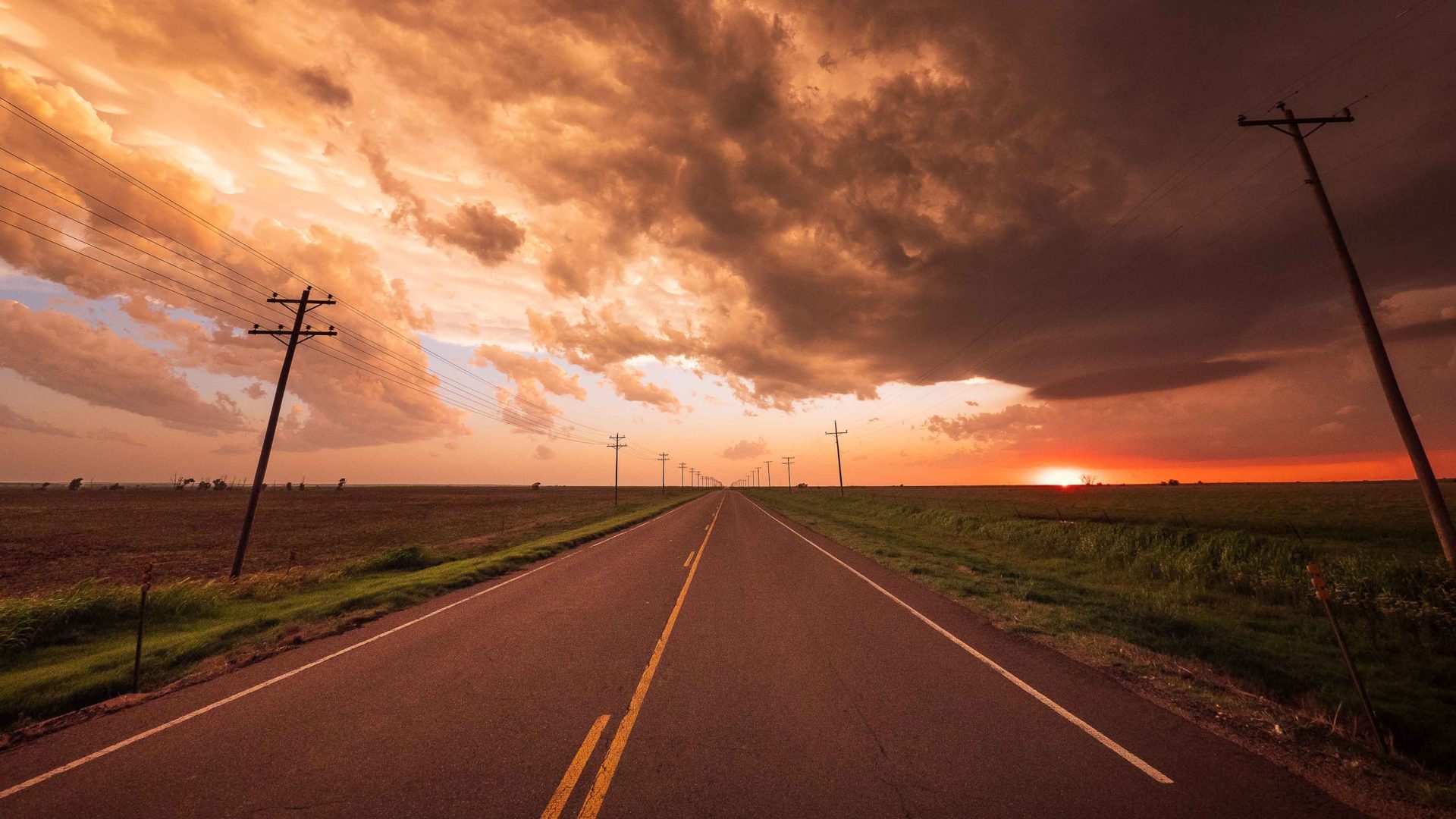
On a road trip with a difference along the US’s rural routes, or ‘Blue Highways’, columnist JoAnna Haugen reflects on what America’s backroads taught her about the meaning of progress.

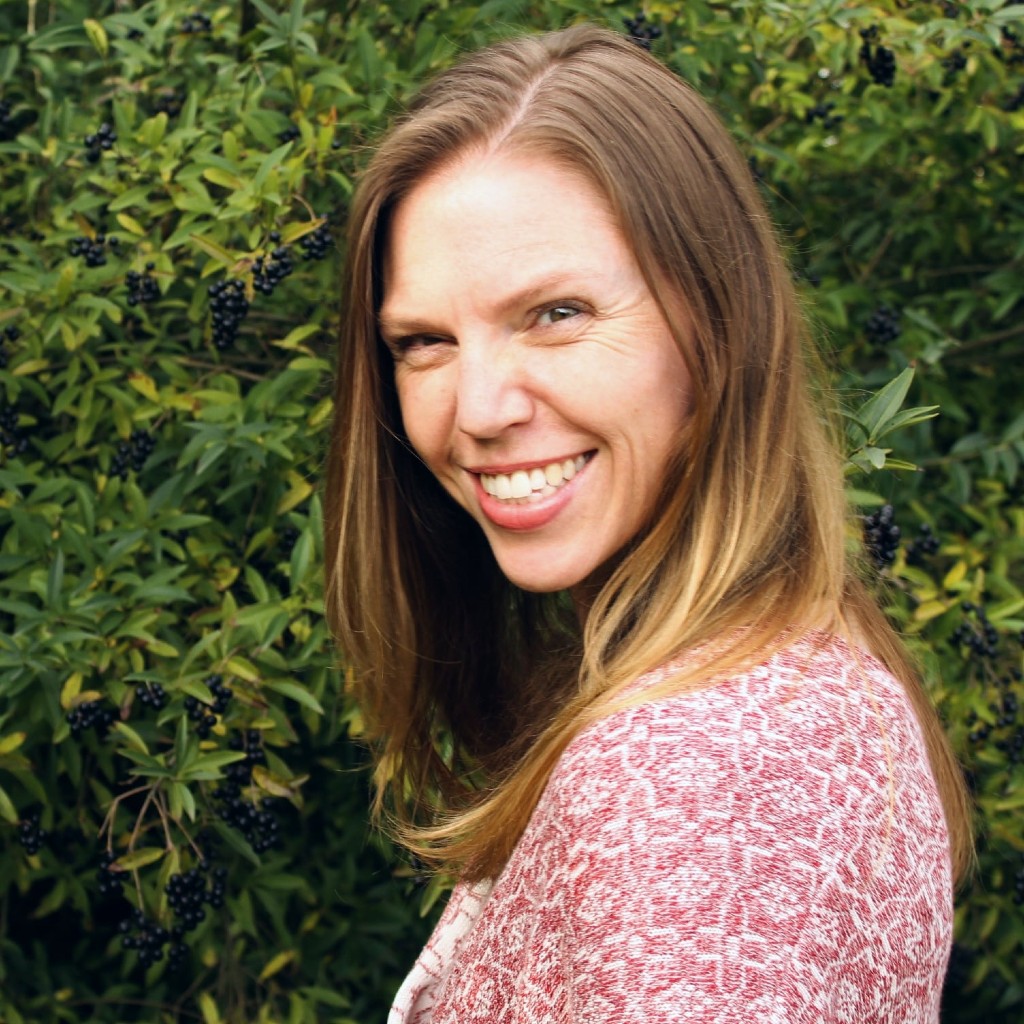
On a road trip with a difference along the US’s rural routes, or ‘Blue Highways’, columnist JoAnna Haugen reflects on what America’s backroads taught her about the meaning of progress.
Having driven the US interstate system through the Midwest countless times, my partner and I decided on a different strategy for holiday last summer: We took five days to drive from my parents’ home in West Central Wisconsin to a lakeside rental in Northeast Oklahoma for a family reunion by booking quirky accommodations, then strung them together with “blue highways”—the rural routes indicated by blue lines on a printed map.
I enjoyed the drive—the gentle rolling hills offered a new perspective in a part of the country I know well—but for hundreds of miles, I couldn’t help but feel that the land was dead.
We passed monocultural farmland, usually soybeans or corn, punctuated by feedlots heaving with filthy cows stretching to the horizon and beyond. People moved through the space isolated in their air-conditioned vehicles. In three days, we saw three deer and the occasional roadkill racoon.
Within society at large, and in the United States in particular, we have been fed a myth that ‘bigger is better’ and ‘more’ should be the end goal and that purchasing power is ideal. That consumerism and capitalism equals abundance. To achieve this goal, we’ve destroyed the land, industrialized nearly everything about society, and severed peoples’ connections to nature and each other.
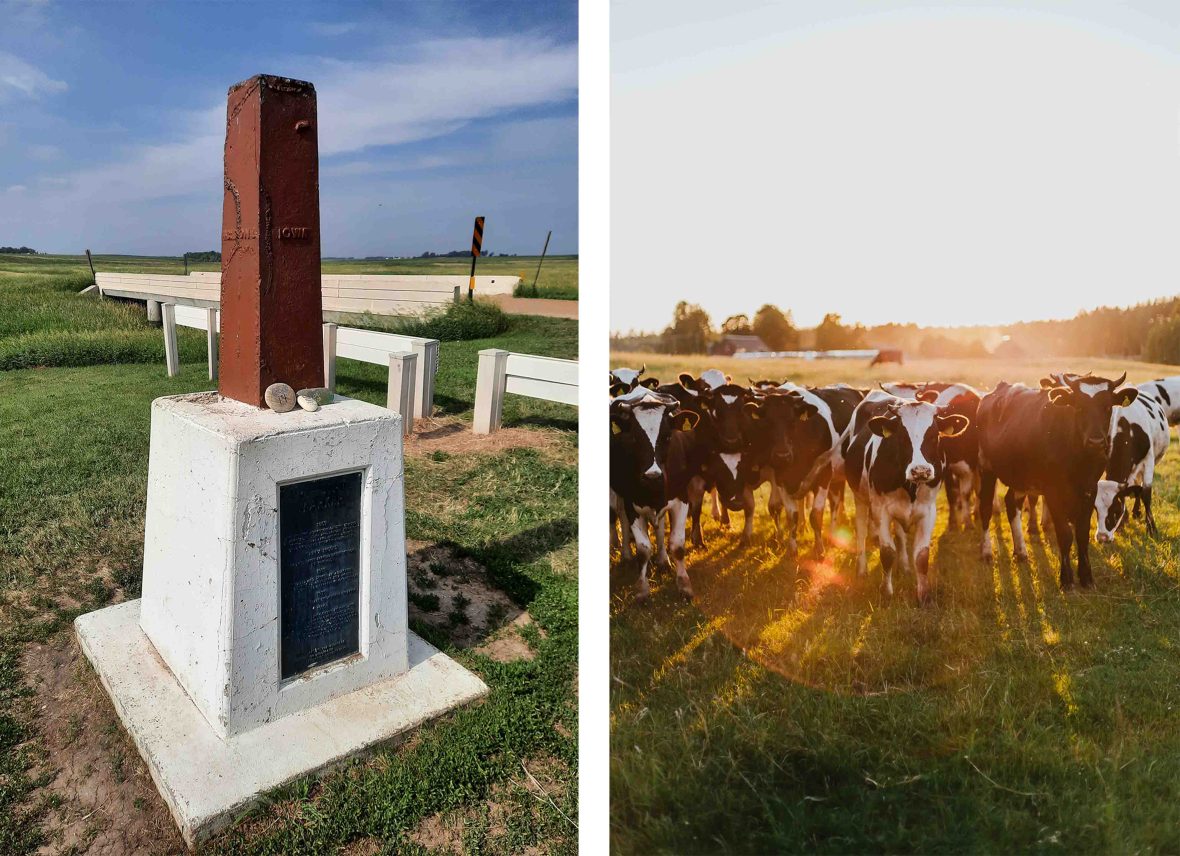
Every time I visit America, this disconnection becomes more apparent. The grocery stores keep getting bigger. The portions overflow our plates. The punch cards rewarding frequent shoppers are ubiquitous. The ease and speed with which any item can arrive on a doorstep seems to get easier and faster with each passing day.
And these things are all considered signs of progress.
This myth spills over into our travel decisions. “Must-see” lists define the story of a place, closing off opportunities to stumble upon different narratives. Frequent flier programs encourage people to book more, travel more, buy more. Apps mark the ideal walking path, maximizing time and minimizing footsteps to “get the most out of a visit.” We’ve lost the will to wander, be curious, and embrace discomfort when we travel.
This mindset and belief system—and the never-ending urge to pursue this ideal of growth and speed—is a downward spiral that traps society into increasingly more constricted definitions of freedom and happiness. We can’t escape the chase, and instead seek more, pushing us even further away from the relationships and connections that could actually result in healthier and more fulfilling experiences.
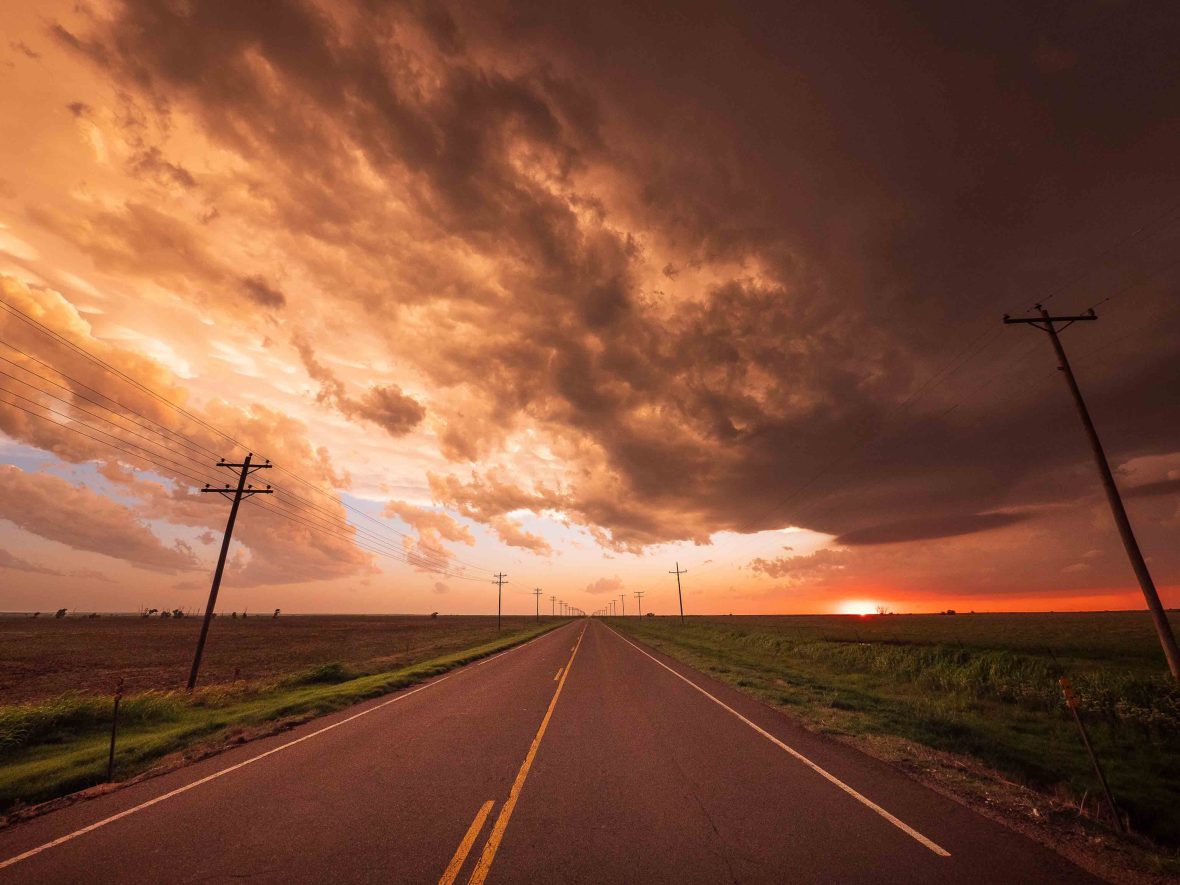
Gazing out on the expansive industrialized farms along the ‘blue highways’, I couldn’t help but ask: What if being a bit uncomfortable was considered a virtue instead of an inconvenience?
What if we had to think more carefully about our choices, be patient, and not always get what we wanted right away? What if we knew how to differentiate between needs and wants? What if better relationships made us more aware of how our decisions impact the environment, wildlife, and other people? What if, instead of dollars and gadgets, we counted jokes that made us laugh, stars in the sky, and butterflies in the garden?
I’m not driven by what I haven’t done; today, I’m far more likely to revisit a place I’m still curious about rather than visit a new one just because I’ve never been there.
These thoughts reflect similar ones I’ve had as a traveler in general over the last several years. As a child and young adult, the story I always heard about travel was rooted in growth: We drove countless miles in a day on road trips. We visited as many US National Parks as possible, and, at each new one, immediately stamped our “passports” to document we’d arrived.
From sunrise to sunset, we packed in activities to maximize the vacation time my parents had off of work. A growing collection of souvenir t-shirts was a badge of honor, demonstrating that I’d “been there, done that.”
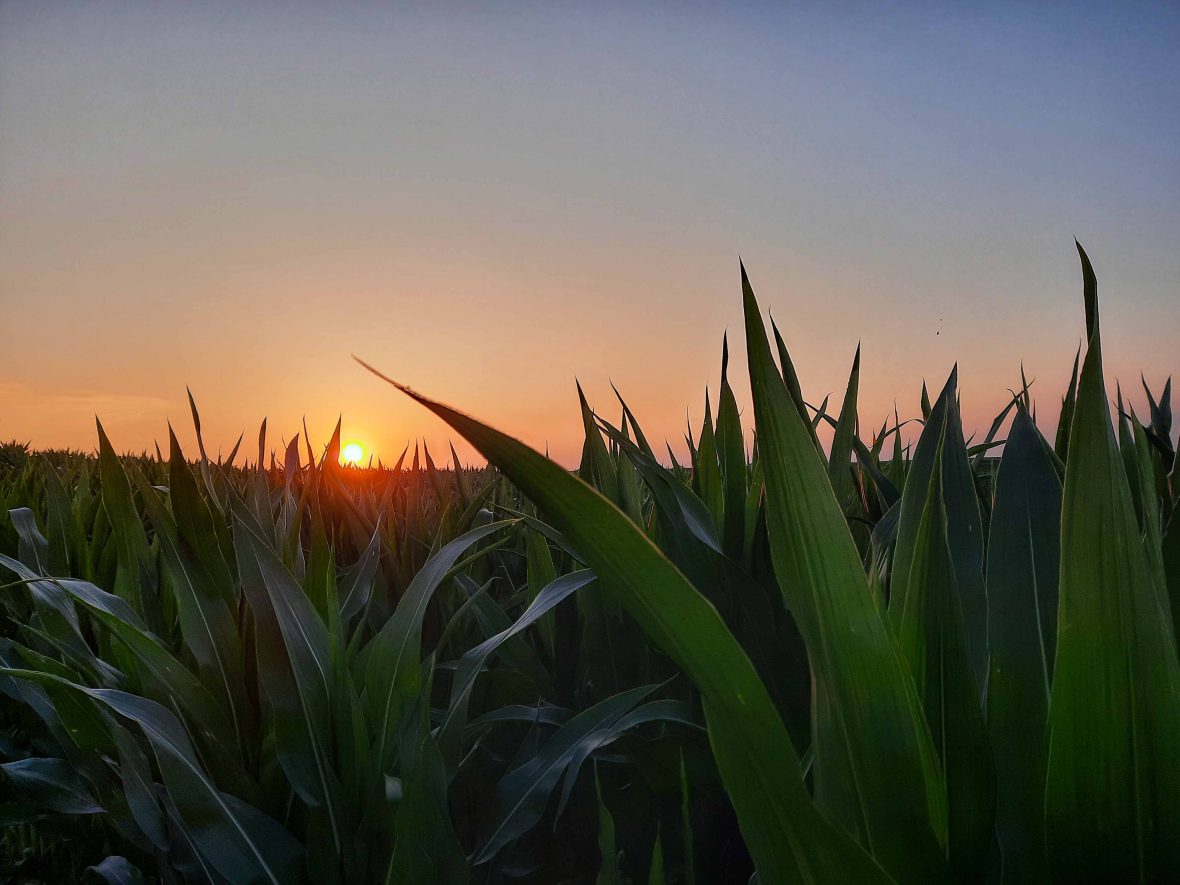
The travel mindset of growth and consumption is a hard one to shed: I know how many countries and US states I’ve visited. I use a credit card that rewards my purchases with travel-related incentives. And, yes, I still have that national park passport that I dutifully stamp.
But what has evolved over the years is my motivation. These things are no longer my reason for traveling. Degrowth—an economic movement centered around the idea of shrinking our economies to restore balance between people and planet—is increasingly an active part of my personal travel philosophy. Instead of pushing myself to speed up, I remind myself to slow down. Instead of doing more, I try to invest more time in feeling, reflecting, and being present.
I’m not interested in collecting more stuff, but in learning about the stories and people behind the few things I choose to buy. And I’m not driven by what I haven’t done; today, I’m far more likely to revisit a place I’m still curious about rather than visit a new one just because I’ve never been there.
I’ve become an advocate for more thoughtful flying and fewer rewards programs, on placing more emphasis on the journey and encouraging others to think beyond the bucket list. After being led through a traveler-centric narrative for so long, I believe today’s tourists should expect to be told “no” when people or the planet suffer at the hands of pleasure and profit. “Yes” is a gift.
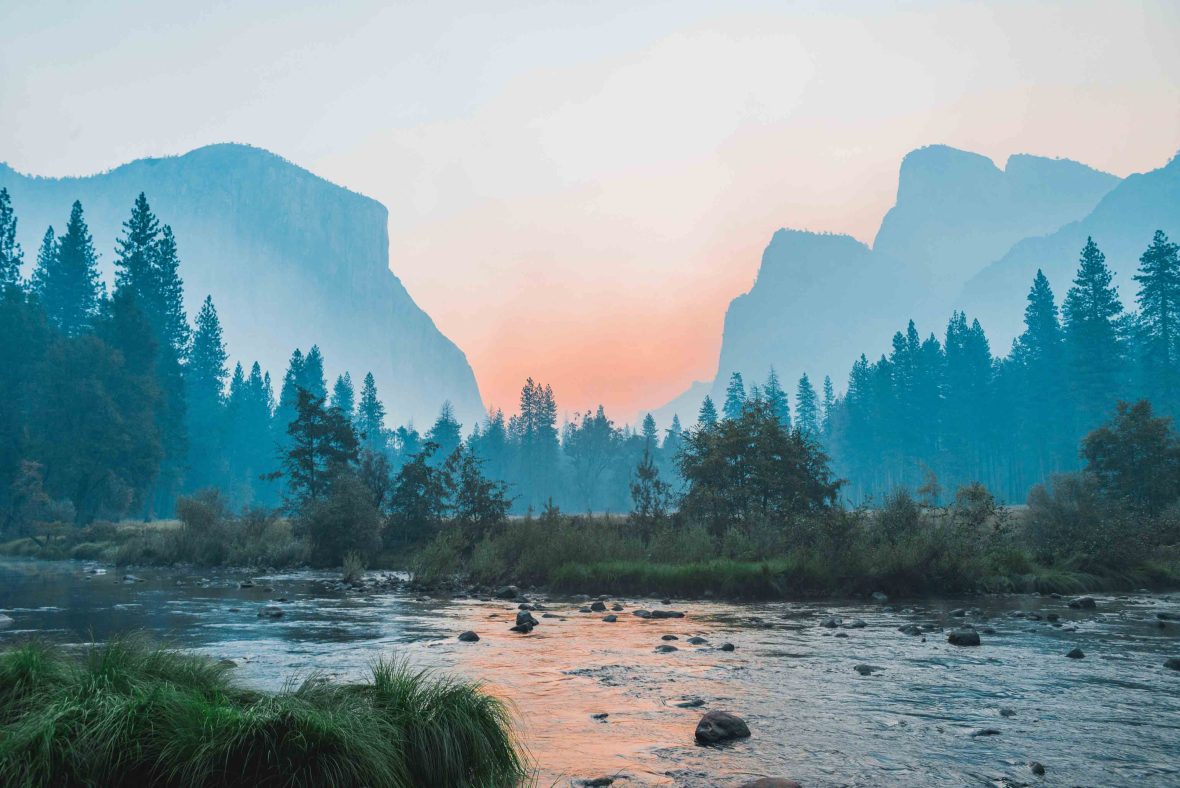
I know it’s a herculean task to reverse the course we’re on and challenge the status quo that defines how we live, travel, and move through the world. Convincing anyone to give up aspects of their lives that are comfortable is nearly impossible.
Reframing travel so it’s not a frivolous pursuit reduced to a checklist requires rewriting a deeply ingrained travel narrative. Changing mindsets en route to changing society—and each of the industries and sectors operating within it—as it currently operates almost doesn’t seem feasible.
These are, unquestionably, big asks. But I think this is a paradigm shift worth embracing.
After all, what would we really lose by having fewer choices, and living and traveling smaller? Perhaps we’d find abundance not from gaining more, but by giving up those things—money, bucket lists, bragging rights, followers, “stuff”—that keep us from fully recognizing and appreciating the value of what we already have.
***
Adventure.com strives to be a low-emissions publication, annational
d we are working to reduce our carbon emissions where possible. Emissions generated by the movements of our staff and contributors are carbon offset through our parent company, Intrepid. You can visit our sustainability page and read our Contributor Impact Guidelines for more information. While we take our commitment to people and planet seriously, we acknowledge that we still have plenty of work to do, and we welcome all feedback and suggestions from our readers. You can contact us anytime at hello@adventure.com. Please allow up to one week for a response.


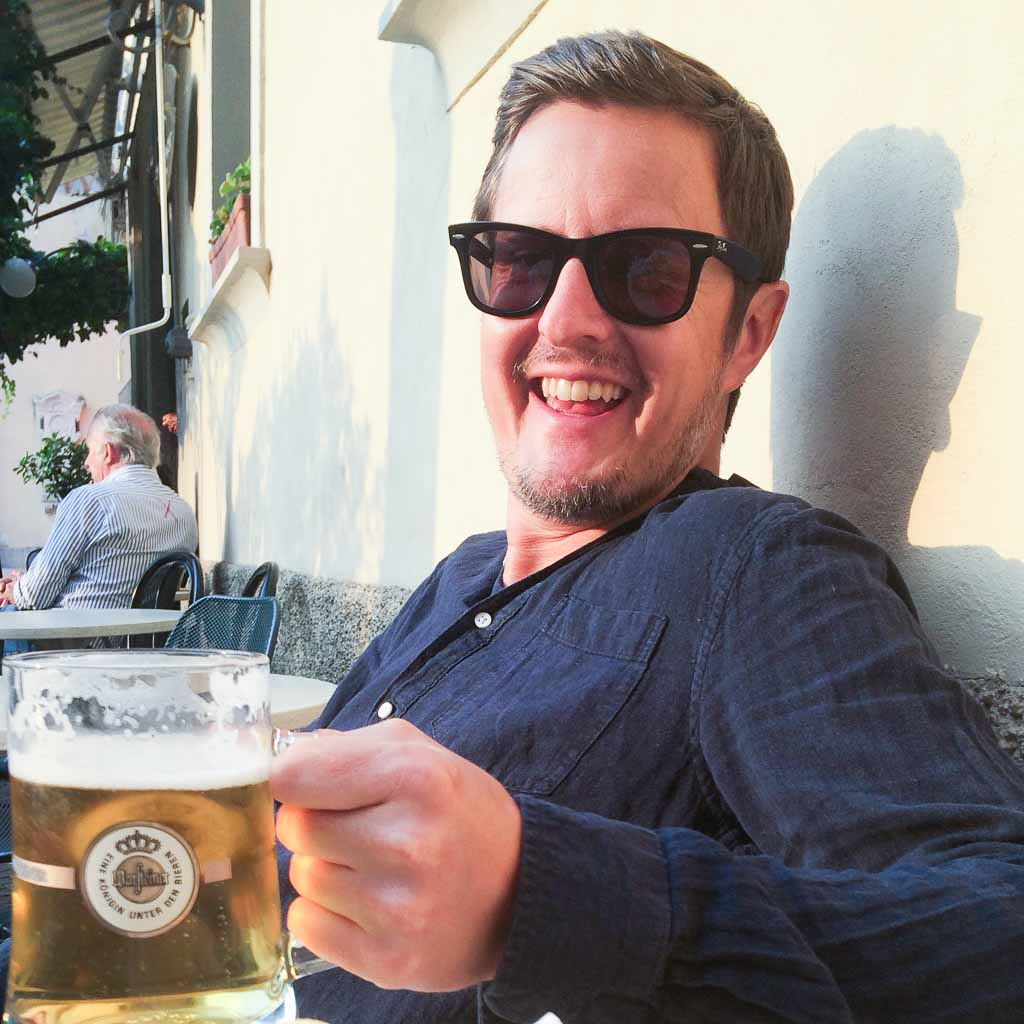

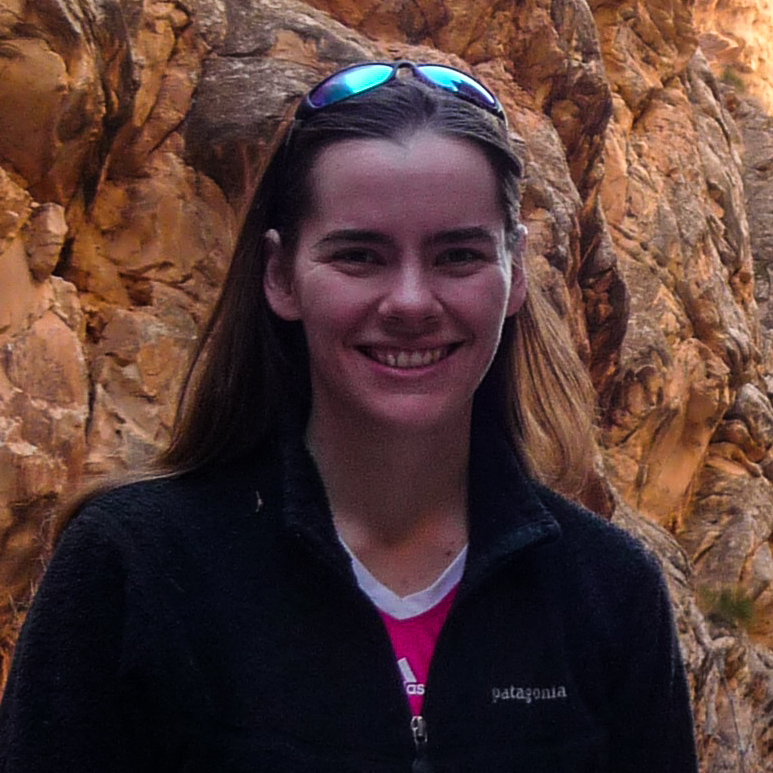

Can't find what you're looking for? Try using these tags: